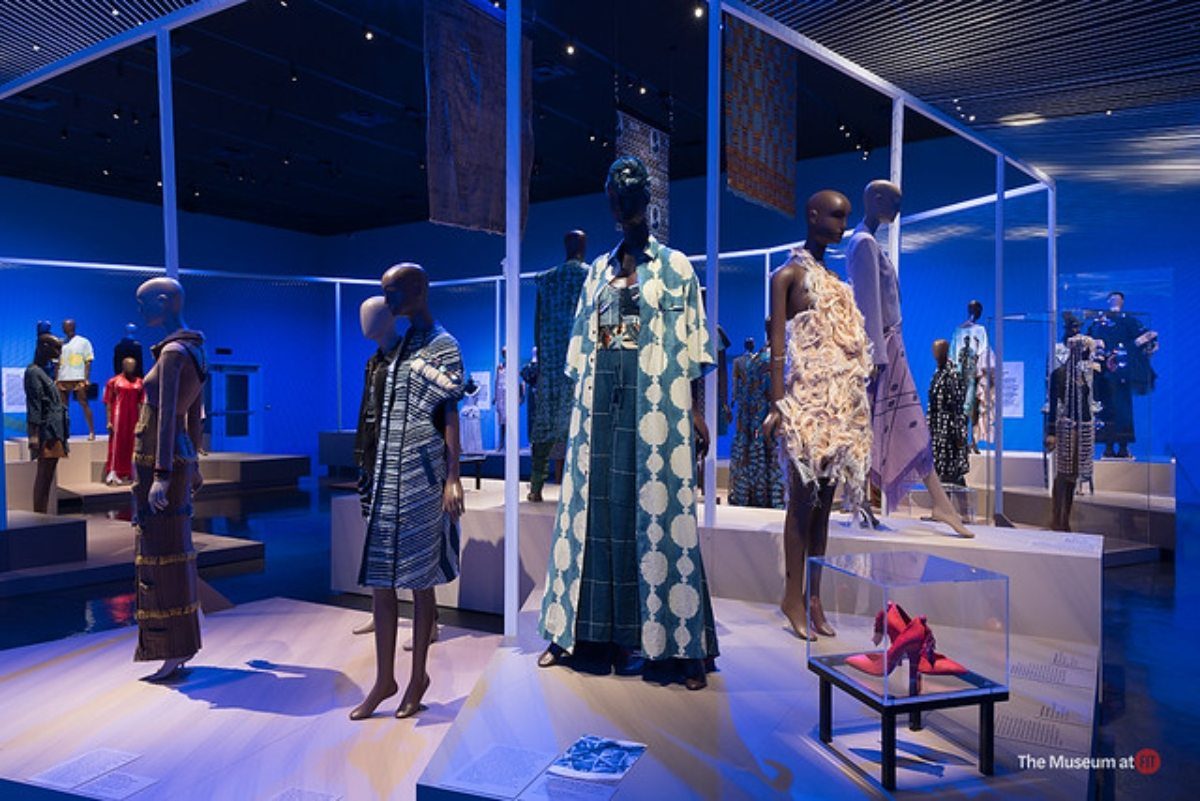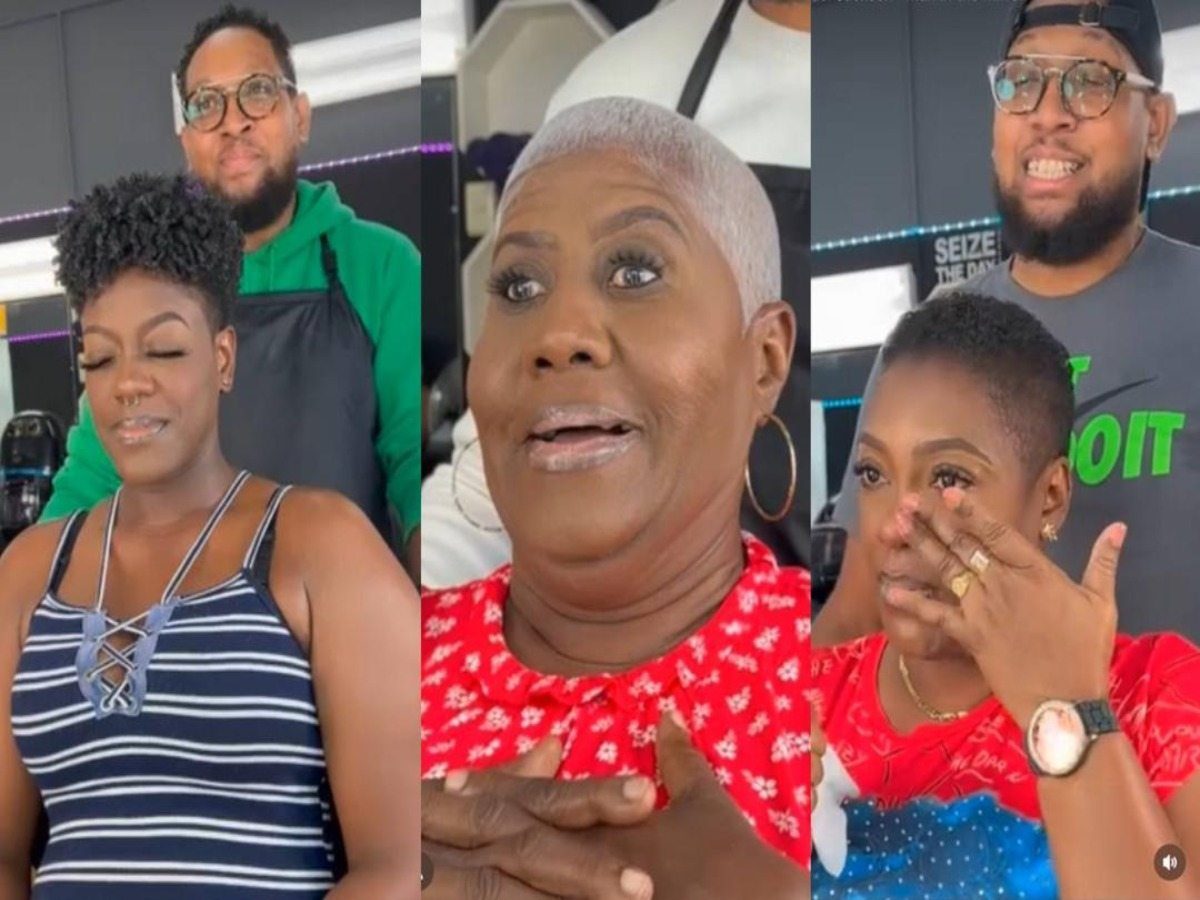Africa is a continent of unparalleled linguistic diversity, home to more than 2,000 languages that embody its rich cultural and historical landscape. Each African language represents not only a means of communication but also an irreplaceable repository of history, wisdom, and tradition.
As globalization accelerates, many of these languages face the threat of extinction—a loss that would leave deep, unfillable gaps in the cultural fabric of the continent. Preserving these languages is essential to maintaining the vibrant cultural identity of African societies and ensuring that their unique perspectives endure for future generations.
Language as the Heart of Culture
For centuries, African languages have been the primary vehicle for passing down traditions, values, and social norms through storytelling, songs, and proverbs. Language serves as a cultural cornerstone, shaping communities’ worldviews and forming the basis of their art, literature, and customs. However, in many African nations, the influences of colonialism, urbanization, and the dominance of Western languages like English, French, and Portuguese have marginalized indigenous languages. The appeal of economic opportunity and educational advantage tied to global languages has pushed many African languages to the fringes. According to UNESCO, 40% of the world’s languages are endangered—a startling figure that underscores the urgency of preservation efforts, especially on the African continent.
Revival Efforts and Modern Initiatives
Despite these challenges, initiatives aimed at revitalizing African languages have emerged as beacons of hope. In schools and communities across Africa, educators and cultural leaders are working to reintroduce indigenous languages into curricula and daily life. For instance, in South Africa, initiatives to promote isiZulu and isiXhosa in educational institutions are gaining traction, offering young people a stronger connection to their heritage. Across Africa, technology and social media are also playing crucial roles in language preservation. Mobile applications, YouTube channels, and social media pages dedicated to teaching and promoting African languages have provided younger generations with accessible, engaging language resources. These digital platforms not only offer language-learning opportunities but also elevate the status of these languages, encouraging pride and engagement among youth.
Language as a Bridge for the Diaspora
The diaspora has also embraced language preservation as a means of reconnecting with ancestral roots. For African-descended communities worldwide, retaining and relearning African languages fosters a sense of pride, continuity, and belonging. The role of language in identity formation is profound, bridging continents and generations. Learning African languages allows diaspora communities to access a reservoir of cultural knowledge and feel a shared connection with the continent’s history and contemporary experiences. This linguistic pride counters stereotypes and asserts the strength, resilience, and depth of African identities on a global stage.
Media and Technology as Catalysts for Preservation
Modern media has emerged as an unexpected ally in the fight for linguistic preservation. Through films, podcasts, and music, African languages are gaining visibility and resonance beyond their native speakers. Global streaming platforms like Netflix have produced African films and series in native languages, amplifying African voices and narratives on a massive scale. Content creators who champion African languages are redefining perceptions, making these languages accessible to global audiences while nurturing a profound respect for Africa’s diverse heritage.
Safeguarding Heritage for Future Generations
In a world where the forces of homogenization threaten to erase cultural uniqueness, preserving African languages is an act of resistance and resilience. Language is more than a means of communication; it is an irreplaceable key to understanding and preserving a community’s collective memory and worldview. Future generations deserve the right to inherit the full richness of African heritage, expressed through the languages that have shaped it. By supporting and promoting African languages, individuals and institutions alike can help ensure that Africa’s linguistic treasures are celebrated rather than forgotten.
The preservation of African languages is a shared responsibility, one that requires collaborative effort and global awareness. Through education, technology, media, and individual dedication, these languages can continue to thrive, acting as vibrant cultural legacies for generations to come. African languages are more than words; they are living expressions of identity, resilience, and history, each a vital thread in the continent’s intricate cultural tapestry.










